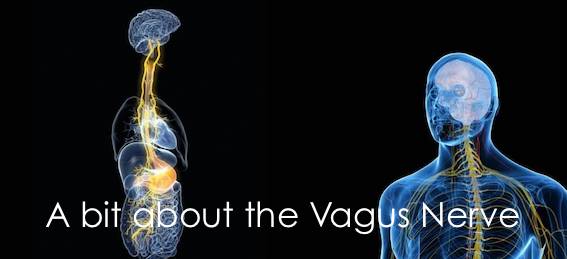Today’s post is about the Keto diet. This diet is currently the topic of study in my Nutrition subject and there are a few things I have learned about it that I thought I would share.
It’s origin
The ketogenic diet was actually developed in 1921 by Dr Russell Wilder as a way of treating epilepsy in children. It was created on the premise that using ketones to power the brain causes less seizures that using glucose. This is a fact that has been substantiated by many scientific studies since.
What is keto?
There are several forms of the keto diet that can be modified to suit the individual, but at its heart is the basis is that up to 60% of your diet should be fats, 35% protein and 5 to 10% carbohydrates. This switches the body’s fuel system from using glucose to using ketones. Which are essentially chemicals that the body uses to convert fat to energy instead of glucose.
Along the way, many people experience weight loss. That seems like a great idea you may say, and it is however, there are pitfalls to watch out for.
Are there risks?
There are some health risks or issues, associated with this diet. First of all, there is a feeling of unwellness called keto flu. This is experienced by many keto followers for a week or so after beginning a keto diet. It can include headache, fatigue, vomiting, insomnia, constipation and reduced tolerance to exercise, just to name a few.
Next is a risk of kidney stones. The high acid and phosphate content of a high fat diet can lead to kidney stones; however, this is mostly only a problem if you already have kidney issues. After that we need to consider the nutrient deficiencies. Because of the specific style of this diet there are several nutrients that are simply not there. These include vitamins C, D and E as well as magnesium and calcium.
While all of these can be fortified with supplements, perhaps the most important thing missing is fibre. You see fibre has several different roles. The main one being that it gives bulk to your stool which is one of the bodies main pathways of eliminating toxins. It also feeds the microbiome, which we have spoken about before and its importance in everything, from immune system to mental health.
Are there benefits?
On the plus side it has been shown to help with epilepsy in adults as well as children, which is what it was designed for. Several psychiatric disorders including depression, autism and schizophrenia have been reduced. This is most likely due to reduced inflammation and mitochondrial disfunction. Interestingly in people with a failing heart, a keto diet has been shown to help, as it is a more efficient form of energy for the heart to use.
There are many people for whom a keto diet will work but just as many people that should be wary of it. For example, anyone who has had a cholecystectomy (gallbladder removal) surgery, should avoid this diet, as the body’s ability to digest fats is reduced.
Ultimately this diet is useful in many situations. However, unless medically advised for specific reasons, there are other diets that can achieve similar results. The Mediterranean diet, with its focus on fresh fruit, vegetables, fish and good fats, it is a more sustainable and potentially healthier alternative.
As always, when considering making a radical change to your diet, seek advice from your preferred health professional.
We hope you found this information interesting.
Till the next post,
Live clean n Prosper



